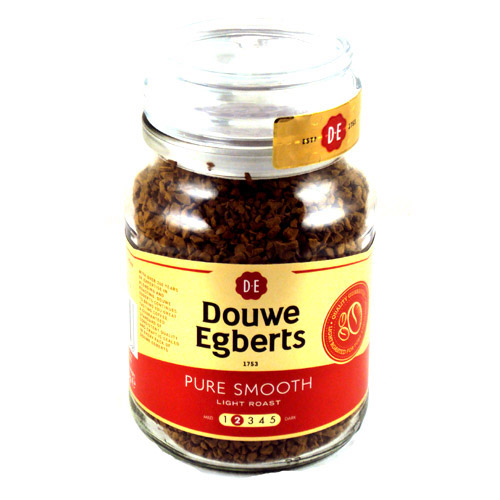Pleasure Is A Dish Best Served Pure and Smooth
In my continuing efforts to explain Epicurean Philosophy Through Coffee, I now present my latest and best analogy:
Not only do we fill life to the rim with pleasure, like coffee, but we need to remember that, also like coffee, pleasure is a dish best served pure and smooth.
As we continue to explore the use and meaning of the words ataraxia and aponia, it is my belief that these words were intended to be very simple and clear adverbs to be used to describe how we should experience pleasure. They were never intended as an explanation of what pleasure should be experienced, because the premise had already been established that pleasure is a primary faculty by which we perceive reality. By perceiving an activity as pleasurable, nature herself has established that that activity is pleasing. Thus Epicurus would not be expected to give any rules about what pleasure to experience, other than what he had already given: judge any activity according to the pleasure and pain it produces. But Epicurus would be expected to give advice as to how to best experience pleasure, and that is where “purely” and “smoothly” come in.
From this perspective the meaning of aponia and ataraxia are clear and simple:
Aponia means nothing more than the experience of pleasure purely – meaning without any mixture of pain.
Likewise, ataraxia means nothing more than experiencing pleasure smoothly and without lumps or “ups and downs” or “interruptions.” We already know that Epicurus had highlighted the observation that “smooth motion” was one of the ways he knew what “good” is, and we likewise know that he called us to the experience of “continuous” pleasure. Both of these descriptive words are aspects of smoothness.
It therefore seems that aponia and ataraxia (or the related forms of these words) are adverbs describing how any particular experience of pleasure is best to enjoy, and as such that way of enjoying pleasure is our goal for the experience. They are descriptions of how the activities are to take place – they are not activities in themselves. As such, it would no more be appropriate to describe aponia or ataraxia as the goal of life in itself as it would be to describe “fast” as the goal of racing cars, “with precision” as the goal of playing soccer/football, or “pure and smooth” as the beverage we consume known as coffee. Description of the way a thing is done is no substitute whatsoever for describing what is being done.
These observations point the way to a common sense understanding of words that are thrown around today in a very dark sense that implies affinity between Epicurus to asceticism, stoicism, or even mystery religions. Stoic-minded people like to promote the idea that a way of experience can substitute for the identity of the experience – pleasure. This allows them to obscure the truth that pleasure was the goal of Epicurus, so they can argue, despite their own hatred of pleasure, that Epicurus and Stoicism were cousins after all. But those who are willing to read the words of the Stoics themselves know that Epicurus was as far from Stoicism as could possibly be imagined.
Had the Stoics considered Epicurean aponia and ataraxia to be blood-brothers of their own views, Epicurus would have been embraced as a hero of Stoicism. The Stoics did not so embrace him, and the reason is clear: Epicurean aponia and ataraxia are aspects of the way PLEASURE is experienced, in purity and in smoothness. No mysterious definitions – no references to ideal patterns in another dimension – no reference to “essentials” intrinsic to the objects themselves – no subjective “pleasure is what I say it is.”
As is always the case, in Epicurean philosophy the emphasis is always on pleasure, and the focus must never be removed from pleasure, even as we seek to experience it purely and smoothly:
Wherefore we call pleasure the alpha and omega of a blessed life. Pleasure is our first and kindred good. It is the starting-point of every choice and of every aversion, and to it we come back, inasmuch as we make feeling the rule by which to judge of every good thing.
So when you wake up tomorrow morning, do not try to tell yourself that what you want is simply “pure and smooth.” What you want is COFFEE. Yes you want your coffee pure and smooth, but first, last, and always, what you are talking about -what you are desiring – is coffee.

